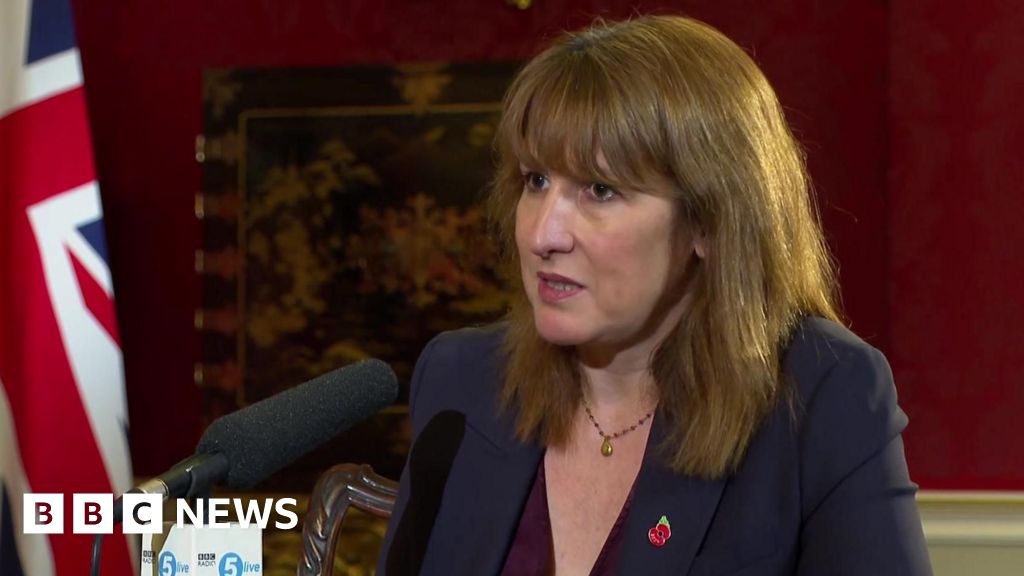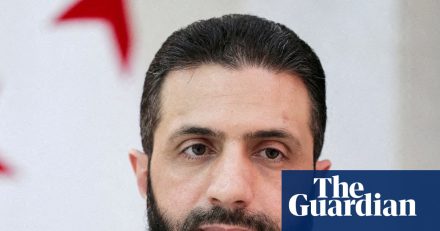Rachel Reeves has indicated she favours removing limits on benefits tied to family size at this month’s Budget. The chancellor told the BBC she did not think it was right for children in larger families to be “penalised” through no fault of their own, comments that signal she could scrap the two‑child limit on working‑age benefits introduced by the Conservatives in 2017.
Some Labour MPs want a full reversal of the policy, while other reports said Treasury officials were considering alternatives such as a tapered approach—paying most support for the first child and less for subsequent children—or capping additional benefits at three or four children. Speaking to Matt Chorley on BBC Radio 5 Live, Reeves said she did not want benefit levels set by family size. “I don’t think that it’s right that a child is penalised because they are in a bigger family, through no fault of their own,” she said. “And so we will take action on child poverty. The last Labour government proudly reduced child poverty, and we will reduce child poverty as well.” She added there are many reasons why parents who have three or four children might later see their finances change.
On other matters, Reeves all but confirmed the government could break Labour’s 2024 manifesto pledge not to raise income tax rates, VAT or National Insurance. She said sticking rigidly to manifesto commitments would require “deep cuts in capital spending” and that she will do what she believes is right for the country rather than the politically easy option. Labour’s manifesto had pledged not to raise basic, higher or additional rates of income tax, or National Insurance, a pledge that became contentious when Reeves later announced higher employer National Insurance contributions. The manifesto also said VAT would not be increased, though it did not specify whether that referred to rates or which goods and services are taxed.
Reeves has not ruled out continuing the freeze on income tax thresholds beyond 2028, a move that would pull more people into higher bands as wages rise. Pressed on whether tax increases could have been avoided by cutting public spending, she said she would not apologise for extra NHS funding and identified reducing waiting lists as one of three Budget priorities. She also argued some spending announced at June’s spending review had been pencilled in but not properly funded by the previous government.
The two‑child cap stops households on universal credit or child tax credit receiving payments for a third or subsequent child born after April 2017. This differs from child benefit, which is payable unless the highest‑earning parent has income over £80,000. There is also an overall cap on the total benefits a working‑age family can claim, in place since 2013.
The Institute for Fiscal Studies estimates reversing the two‑child cap entirely could lift 630,000 children out of absolute poverty—defined as households with income below 60% of the median—at an annual cost of about £3.6bn. Pressure to remove the cap grew during Labour’s deputy leadership contest, where both winner Lucy Powell and runner‑up Bridget Phillipson backed tougher action on child poverty.
Reform UK has pledged to scrap the limit for working British couples if it wins power, while the Conservatives say the cap should remain and framed debates in Parliament as a choice about asking working people to pay for “unlimited handouts.” After a symbolic Commons vote on the issue in September, the Tory leader said those on welfare should make “the same choices as those who aren’t,” arguing Labour and Reform would expect working people to fund open‑ended support.


